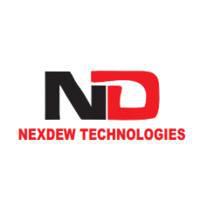Introduction to Platform as a Service (PaaS)
Platform as a Service (PaaS) is a cloud computing model that provides a flexible and scalable platform for developers to build, deploy, and manage applications without the complexities of managing underlying infrastructure. PaaS delivers a comprehensive environment that includes hardware, software, and tools necessary for application development, enabling developers to focus on writing code and delivering value to users. This model enhances collaboration, accelerates time to market, and reduces the overall cost of development.
Core Feature of Platform as a Service (PaaS)
Integrated Development Environments (IDEs)
- PaaS platforms often include cloud-based IDEs that facilitate coding, testing, and debugging applications directly in the cloud.
- These environments support multiple programming languages and frameworks, enhancing developer productivity.
Version Control Systems
- Built-in version control features help manage code changes, allowing teams to collaborate effectively and track modifications.
- Integration with popular version control tools ensures seamless workflows.
Application Programming Interfaces (APIs)
- PaaS providers offer a wide range of APIs for easy integration with third-party services and tools.
- APIs streamline the development process by enabling developers to leverage existing functionalities and data.
Managed Databases
- PaaS platforms provide fully managed database services, allowing developers to focus on application development rather than database maintenance.
- Options for relational and NoSQL databases ensure that applications can store and retrieve data efficiently.
Data Analytics Tools
- Integrated analytics tools enable developers to analyze application performance and user behavior, facilitating data-driven decision-making.
- These tools often include dashboards and reporting features for easy data visualization.
Backup and Recovery
- Automated backup solutions protect application data and ensure quick recovery in case of data loss.
- Backup options are customizable, allowing users to define their own backup schedules and retention policies.
Messaging and Queueing
- PaaS solutions often include messaging services that facilitate communication between different application components.
- Queueing systems help manage workloads and ensure smooth data processing, enhancing application performance.
Integration Services
- Middleware tools simplify the integration of various services and applications, allowing developers to connect disparate systems easily.
- These services often include pre-built connectors for common enterprise applications.
Workflow Automation
- PaaS platforms enable the automation of business processes and workflows, streamlining operations and improving efficiency.
- Customizable workflows help organizations adapt processes to their specific needs.
Application Deployment
- PaaS solutions offer simplified deployment processes, allowing developers to deploy applications with just a few clicks.
- Support for continuous integration and continuous deployment (CI/CD) practices enhances the development lifecycle
Containerization
- Many PaaS providers support containerization technologies (e.g., Docker, Kubernetes) for deploying and managing applications in isolated environments.
- Containers ensure consistent application performance across different environments.
Monitoring and Performance Management
- Integrated monitoring tools provide real-time insights into application performance, allowing for proactive issue resolution.
- Performance management features help identify bottlenecks and optimize resource usage.
Access Control and Identity Management
- PaaS platforms offer robust identity and access management (IAM) capabilities, ensuring that only authorized users can access applications and data.
- Role-based access controls help enforce security policies across development teams.
Data Encryption
- Data can be encrypted both at rest and in transit, providing an added layer of security for sensitive information.
- PaaS providers implement best practices for data protection and compliance with industry standards.
Security Compliance
- PaaS solutions often adhere to industry regulations and standards (e.g., GDPR, HIPAA), ensuring that applications built on the platform meet compliance requirements.
- Regular security audits and assessments help maintain a secure environment.
Team Collaboration Features
- PaaS platforms offer tools for team collaboration, including shared workspaces, project management tools, and communication channels.
- These features enhance teamwork and facilitate knowledge sharing among developers.
Documentation and Knowledge Sharing
- Comprehensive documentation and knowledge bases help developers understand platform capabilities and best practices.
- Tutorials, forums, and community support resources contribute to a collaborative learning environment
Integration with Communication Tools
- PaaS solutions often integrate with popular communication tools (e.g., Slack, Microsoft Teams), enabling seamless collaboration within development teams.
- Notifications and alerts can be configured to keep team members informed of important updates.
Flexible Pricing Models
- PaaS offers various pricing options, including pay-as-you-go, subscriptionbased, and reserved instances, allowing organizations to choose a model that fits their budget.
- Flexible pricing helps organizations manage costs effectively while accessing essential resources
Cost Tracking and Reporting
- Built-in tools provide insights into resource usage and expenses, enabling organizations to monitor and optimize their spending.
- Detailed billing reports help identify cost-saving opportunities and track budget allocations.
Budget Management Tools
- PaaS platforms may include tools for setting budgets and spending limits, helping organizations manage their cloud expenses effectively.
- Alerts can be configured to notify users when spending approaches predefined thresholds.
Technical Support
- PaaS providers offer various levels of technical support, including 24/7 assistance and online resources, ensuring developers can access help when needed.
- Support options may include chat, email, and phone support for prompt issue resolution.
Platform Maintenance and Updates
- PaaS platforms handle routine maintenance tasks, ensuring that software is updated with the latest features and security patches.
- Automated updates minimize disruption to development workflows.
Training and Resources
- PaaS providers offer training programs, workshops, and documentation to help developers understand platform capabilities and maximize their use.
- Ongoing educational resources ensure that teams remain up-to-date with the latest developments.
Benefits of Platform as a Service (PaaS)
Accelerated Development
- PaaS simplifies the application development process, enabling developers to build, test, and deploy applications more quickly.
- The availability of pre-built tools and frameworks reduces the time required to get applications to market.
Cost Savings
- By eliminating the need for physical infrastructure and reducing operational costs, PaaS helps organizations achieve significant cost savings.
- The pay-as-you-go pricing model allows businesses to only pay for the resources they use.
Enhanced Collaboration
- PaaS fosters collaboration among development teams, enabling them to work together more effectively and share knowledge easily.
- Integrated communication tools streamline collaboration and improve productivity.
Focus on Innovation
- With infrastructure management taken care of, developers can concentrate on innovation and delivering new features to users.
- PaaS encourages creativity by providing the tools and resources needed to experiment and iterate quickly.
Scalability and Flexibility
- PaaS platforms provide scalable resources that can be adjusted based on demand, allowing organizations to respond quickly to changing needs.
- Developers can easily scale applications up or down without worrying about underlying infrastructure limitations.
Our Location
B-12, B Block, Sector 2, Noida, Uttar Pradesh 201301
We will get back to you within 24 hours, or Call us everyday, 09:00AM - 04:00PM
Request a quote
Conclusion
Platform as a Service (PaaS) is a powerful solution for organizations looking to streamline their application development processes and enhance collaboration among development teams. By providing a comprehensive environment that includes development tools, database management, and deployment capabilities, PaaS empowers developers to focus on building innovative applications that meet business needs. As the demand for cloud-based solutions continues to grow, PaaS stands out as a vital component of modern software development, enabling organizations to achieve their goals efficiently and effectively. With its robust features, cost-effectiveness, and ease of use, PaaS is poised to play a crucial role in the future of application development.
Trusted By A Few Of Our Valued Clients
At Bluethinkinc, our client’s success is our top priority - we work tirelessly to help them achieve their goals, delivering customized solutions that drive growth and transformation.

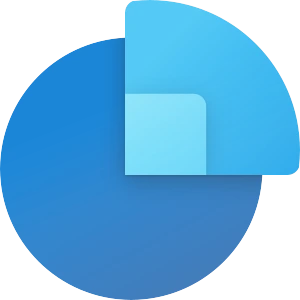 Sales Transformation
Sales Transformation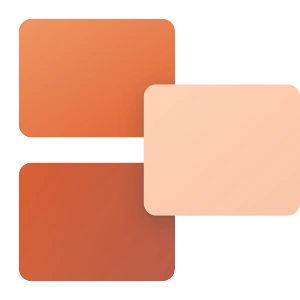 Business Process Automation
Business Process Automation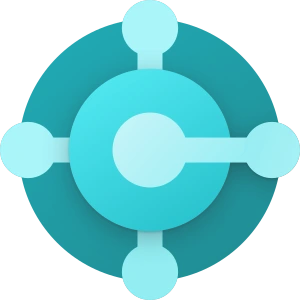 Application Upgrade
Application Upgrade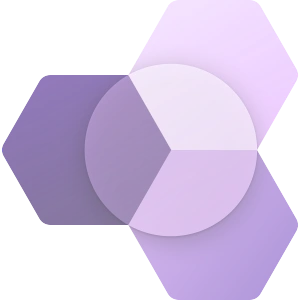 Rapid Prototyping
Rapid Prototyping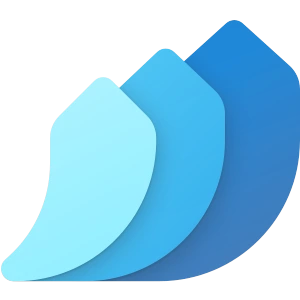 Product Evaluation & Assessment
Product Evaluation & Assessment Customer Service
Customer Service Power Virtual Agent
Power Virtual Agent Omni-Channel Experience
Omni-Channel Experience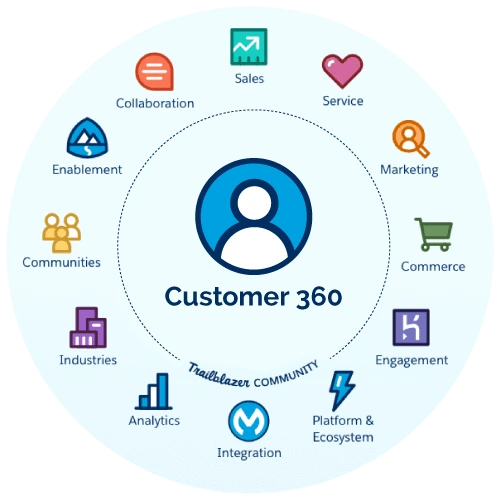 360 View of Customer Journeys
360 View of Customer Journeys NextGen Customer Portal
NextGen Customer Portal Campaign & Marketing
Campaign & Marketing Customer Insights
Customer Insights Portal Content Management
Portal Content Management Reporting & Analytics
Reporting & Analytics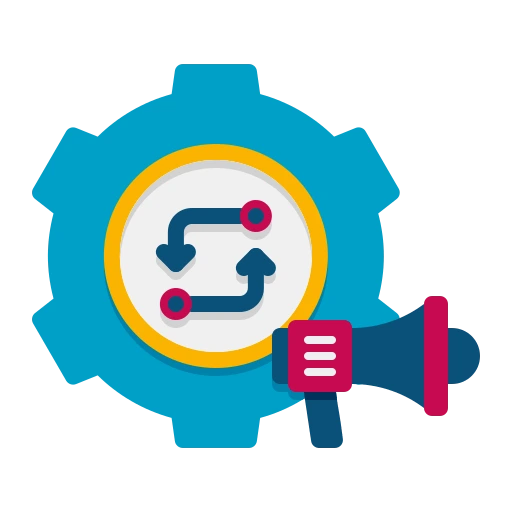 Marketing Automation
Marketing Automation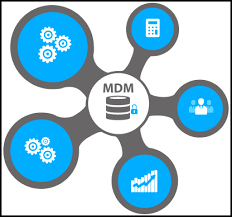 Master Data Management
Master Data Management Technology Modernization
Technology Modernization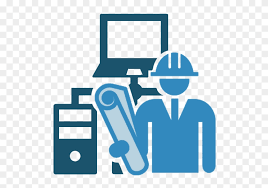 Enterprise Architecture
Enterprise Architecture COE as a Service
COE as a Service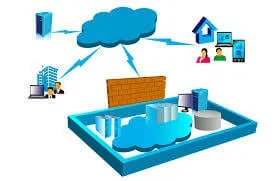 NextGen Digital Workplace
NextGen Digital Workplace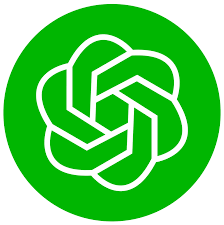 NextGen AI Features
NextGen AI Features Custom Software Services
Custom Software Services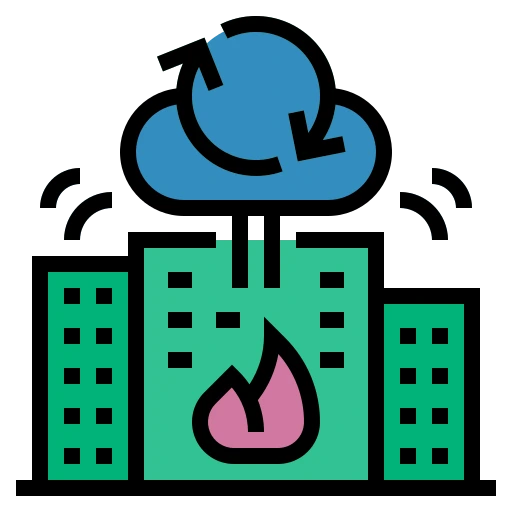 Backup & Disaster Recovery
Backup & Disaster Recovery Quality Assurance (QA Testing)
Quality Assurance (QA Testing)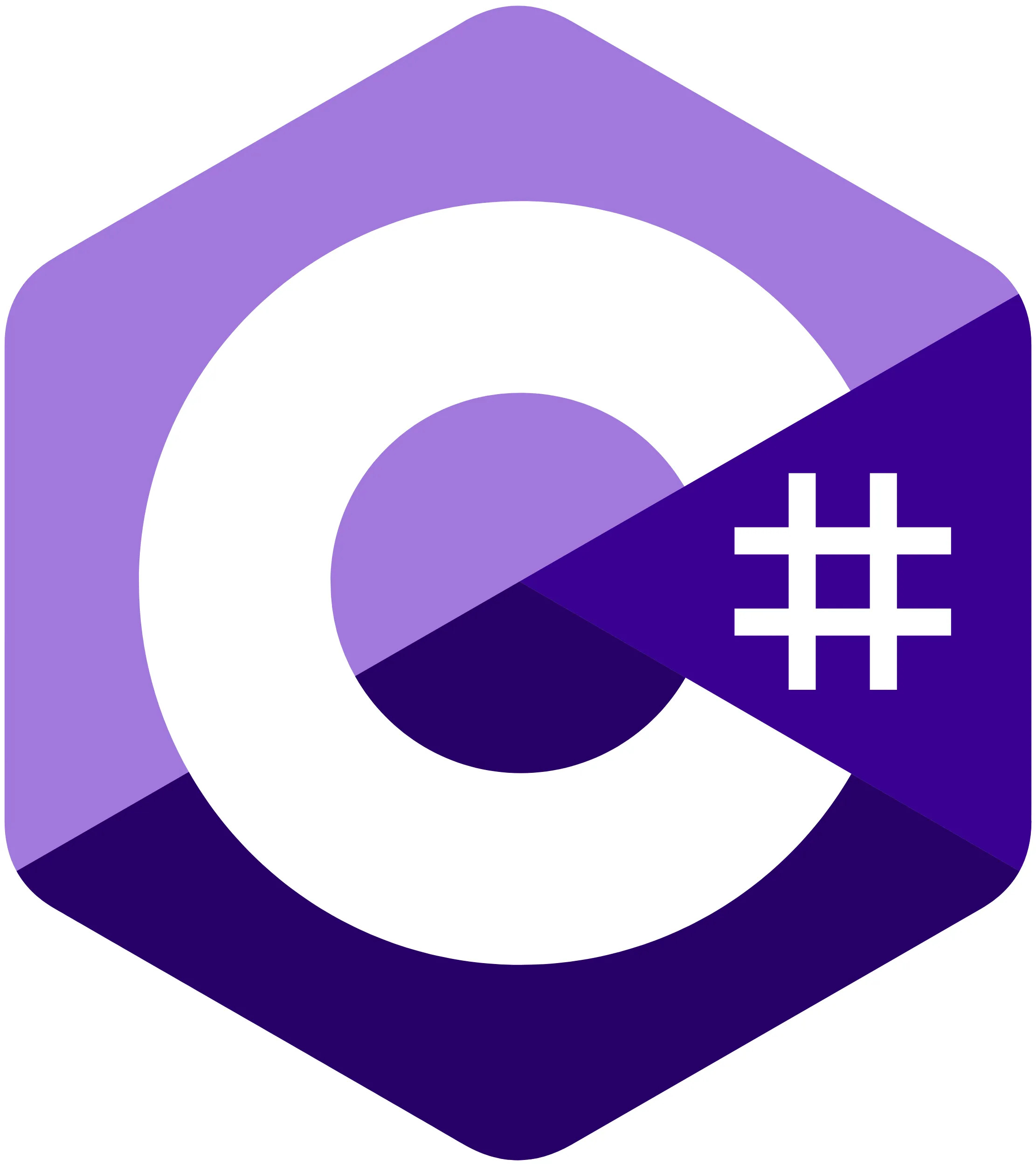 C#/.Net
C#/.Net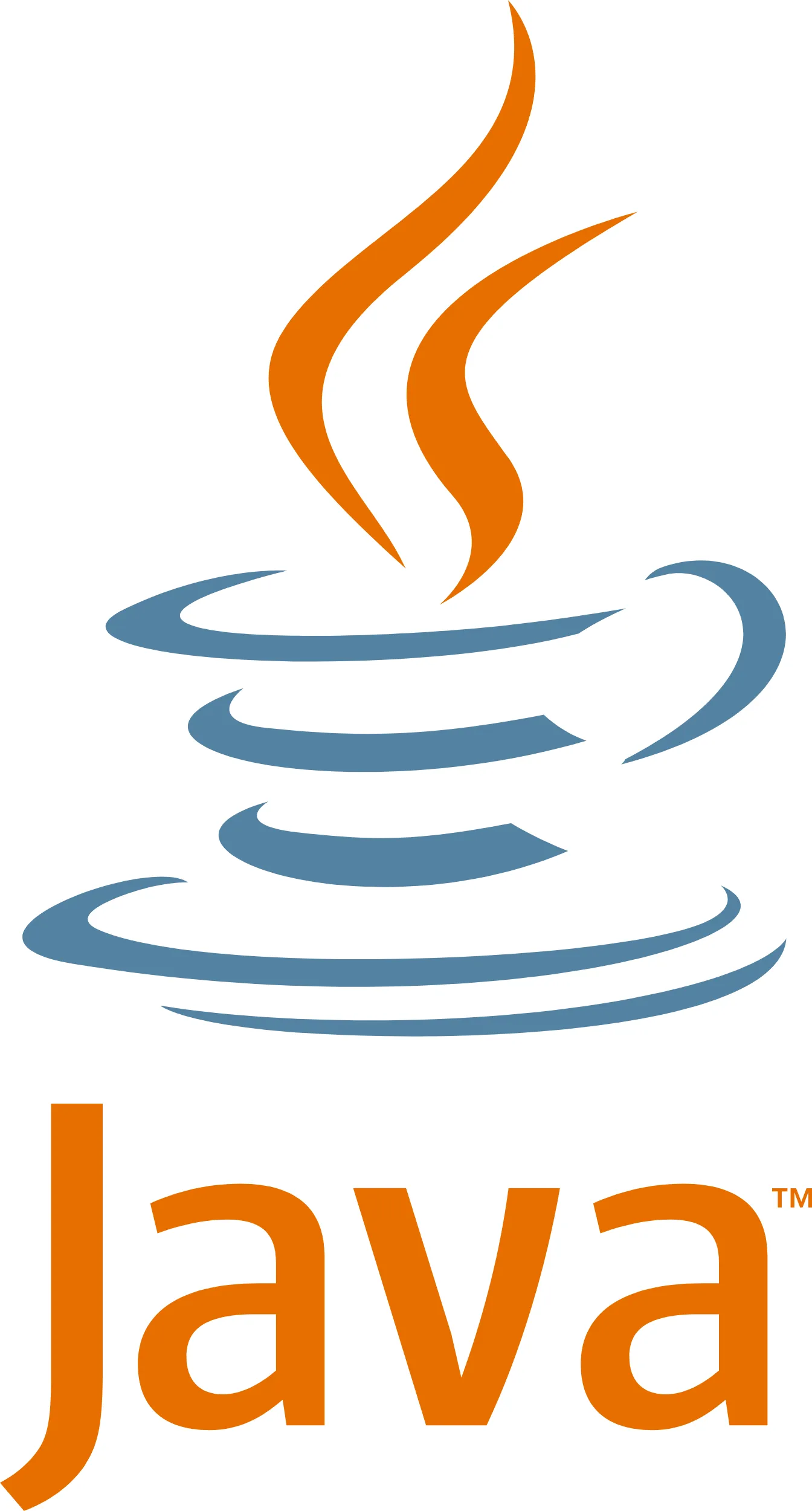 JAVA
JAVA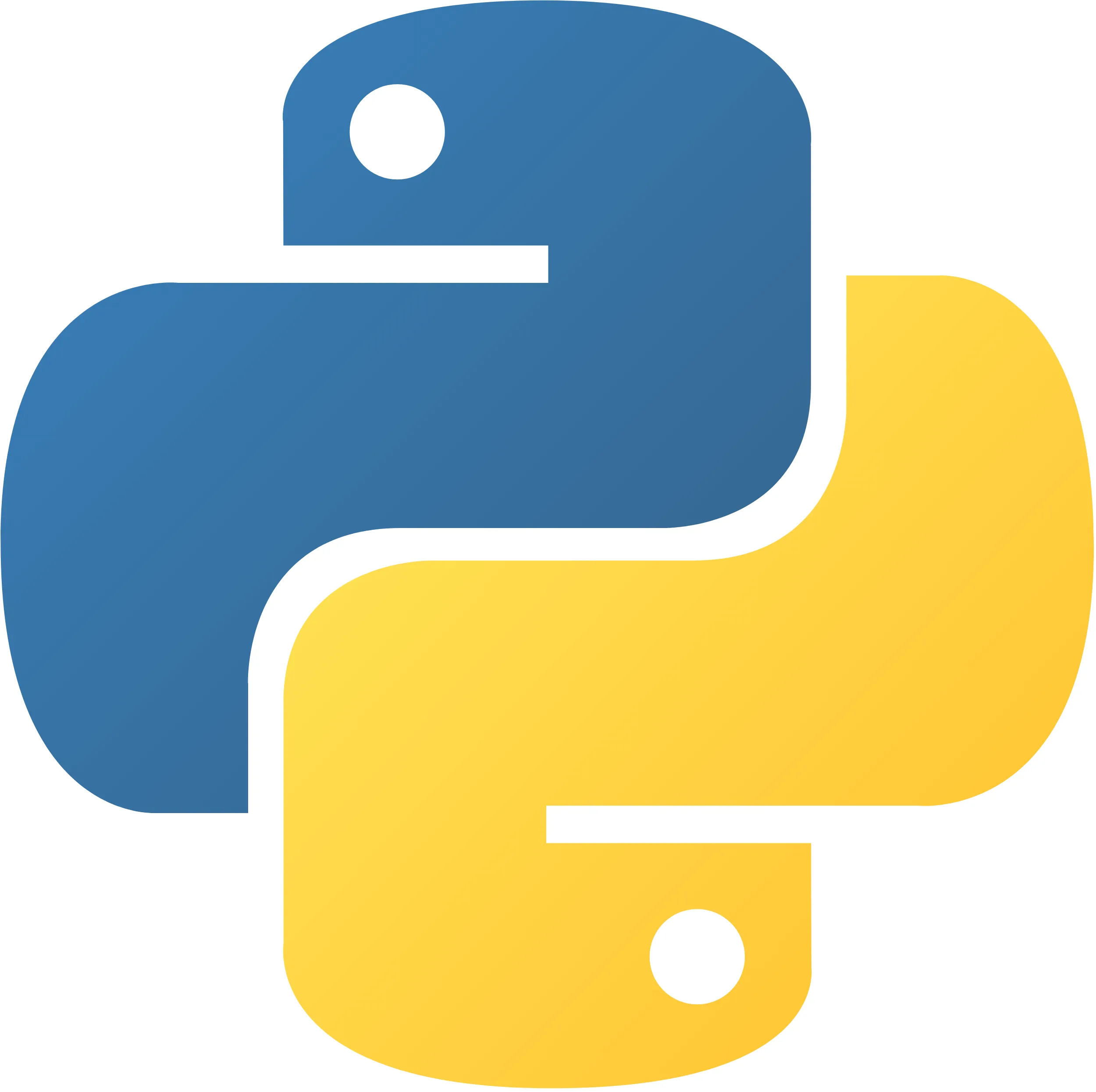 Python
Python Golang
Golang PHP
PHP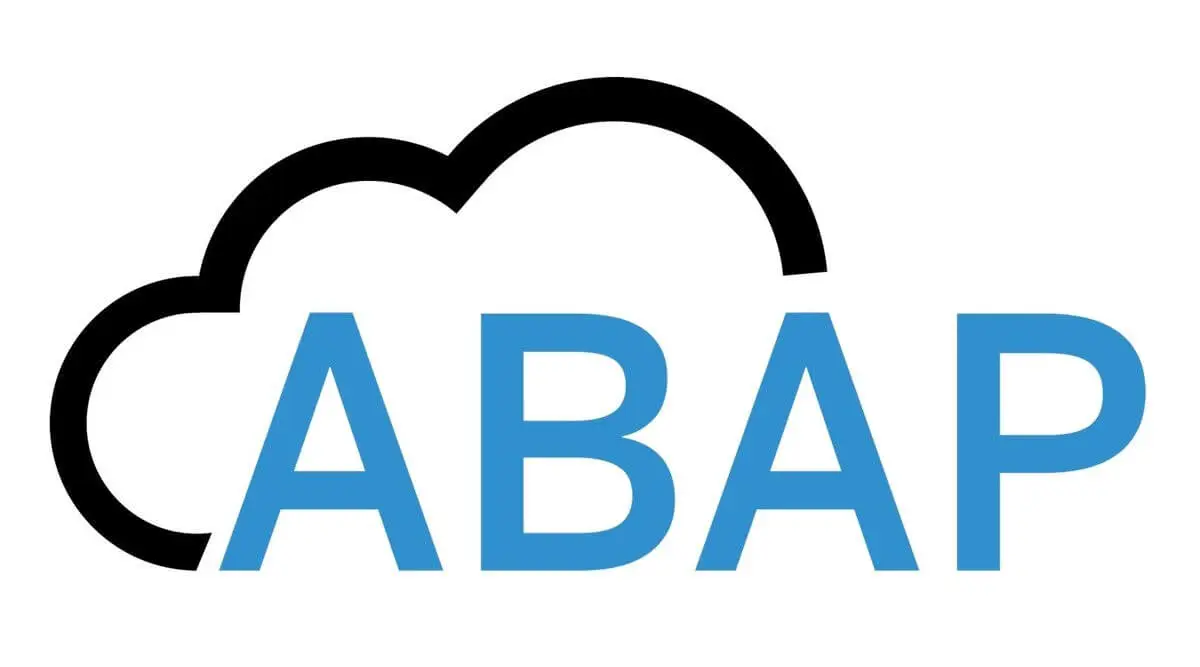 ABAP
ABAP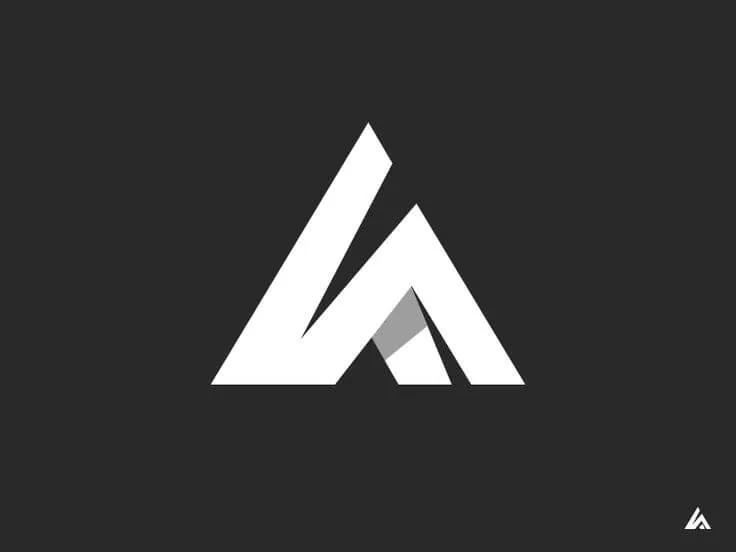 Appex
Appex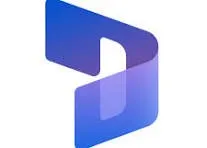 Microsoft Dynamics 365
Microsoft Dynamics 365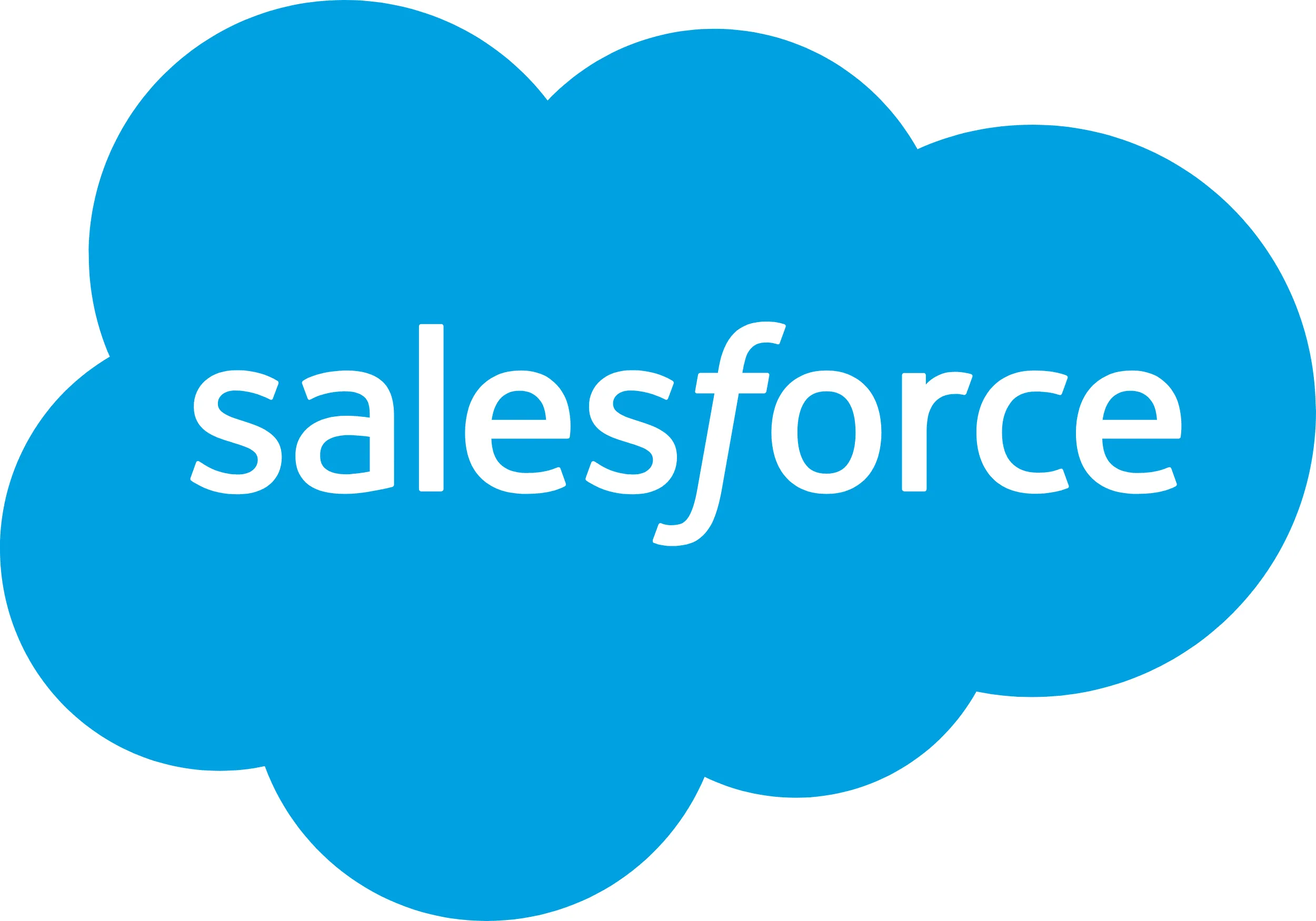 Salesforce
Salesforce Sugar CRM
Sugar CRM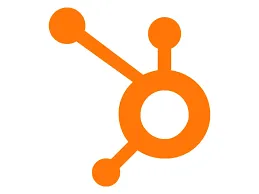 HubSpot CRM
HubSpot CRM Zoho CRM
Zoho CRM Zendesk Sell
Zendesk Sell Magento
Magento Shopify
Shopify WooCommerce
WooCommerce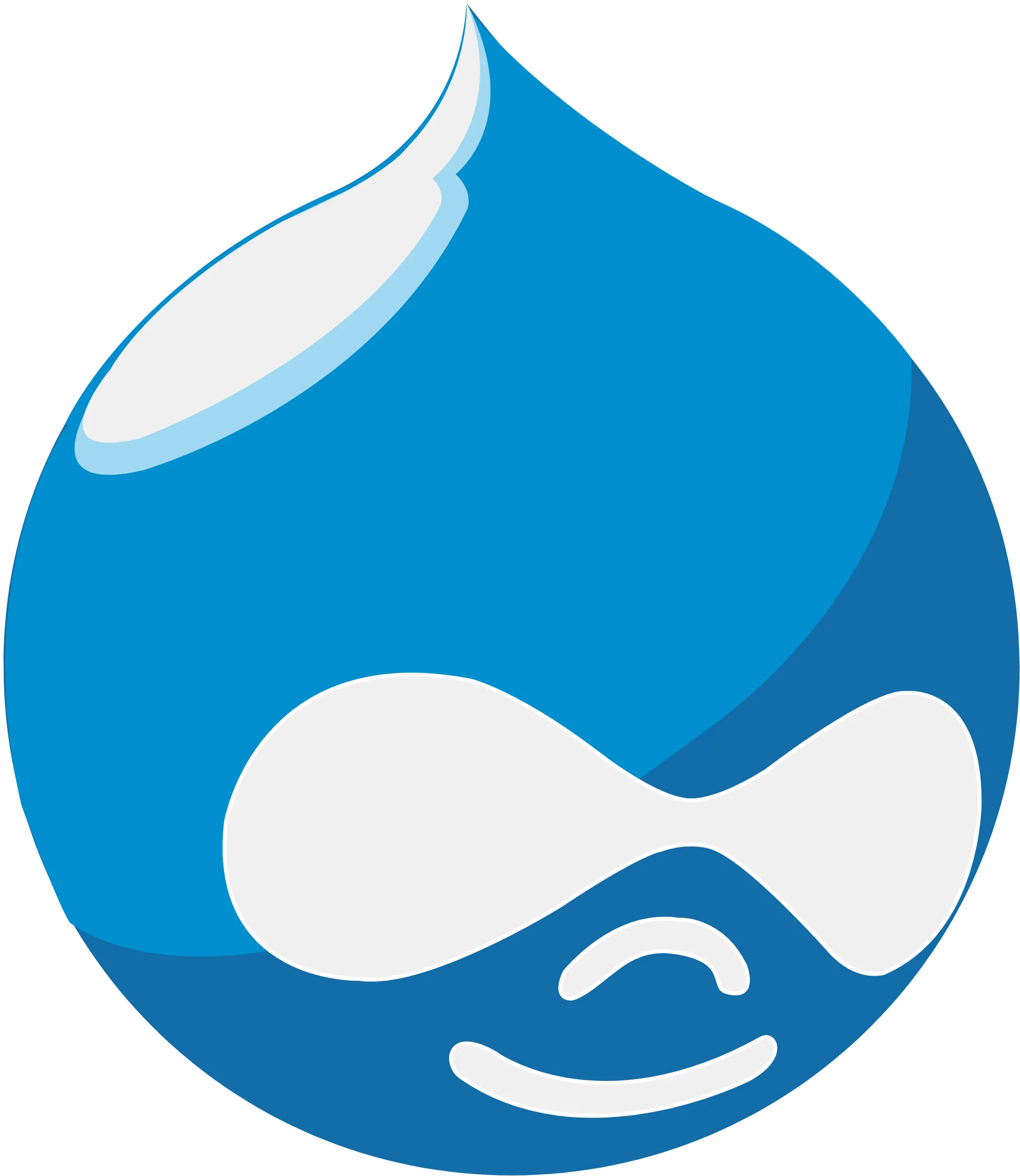 Drupal
Drupal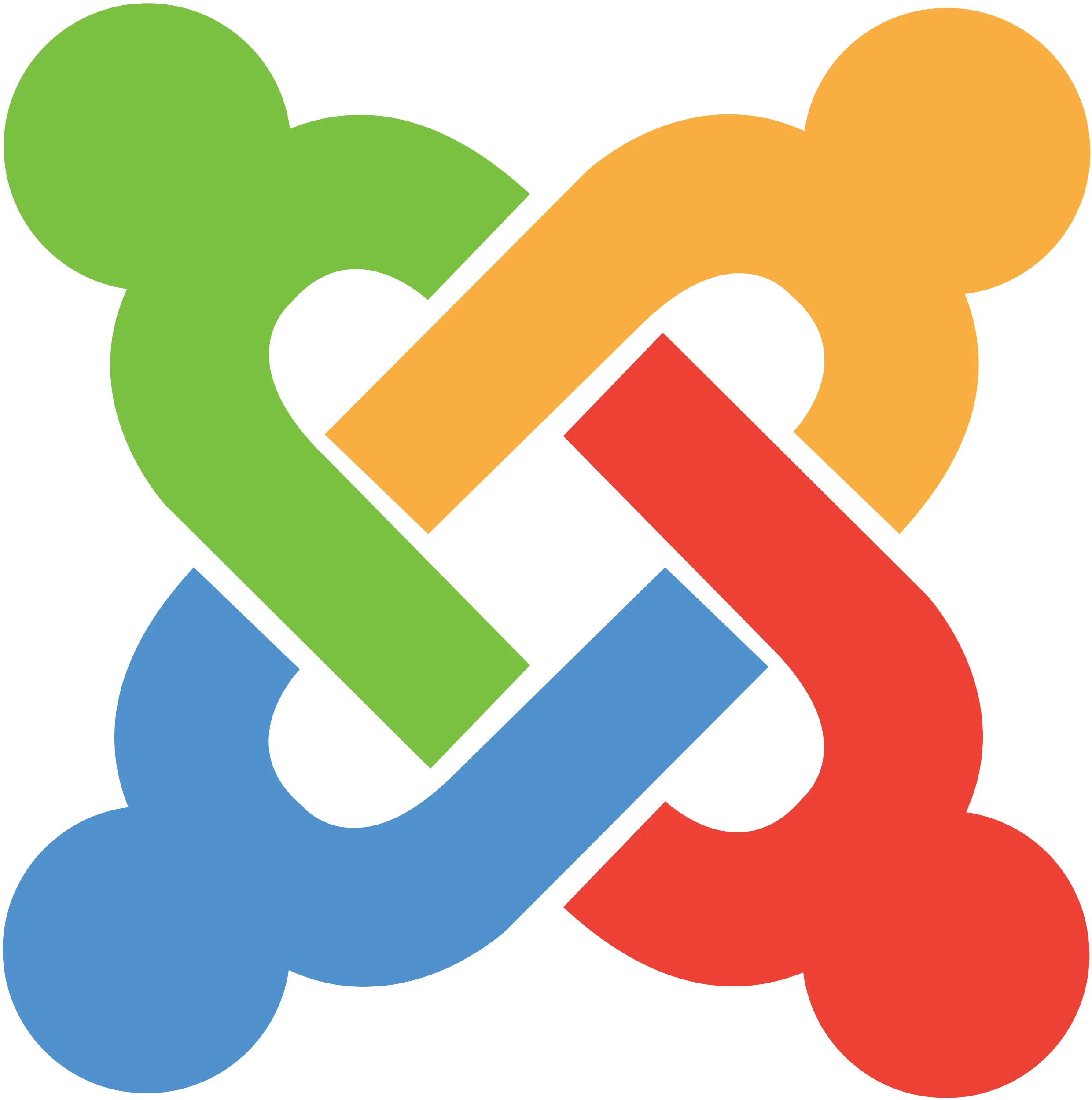 Joomla
Joomla OpenCart
OpenCart Flutter
Flutter Android App
Android App IOS App
IOS App UI/UX Designer
UI/UX Designer Vue.js
Vue.js Alpine.js
Alpine.js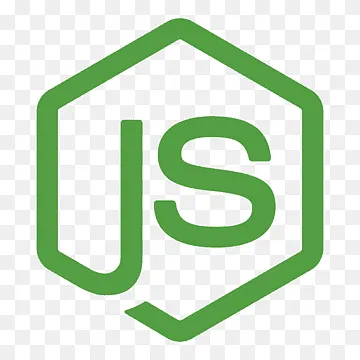 Node.js
Node.js Azure
Azure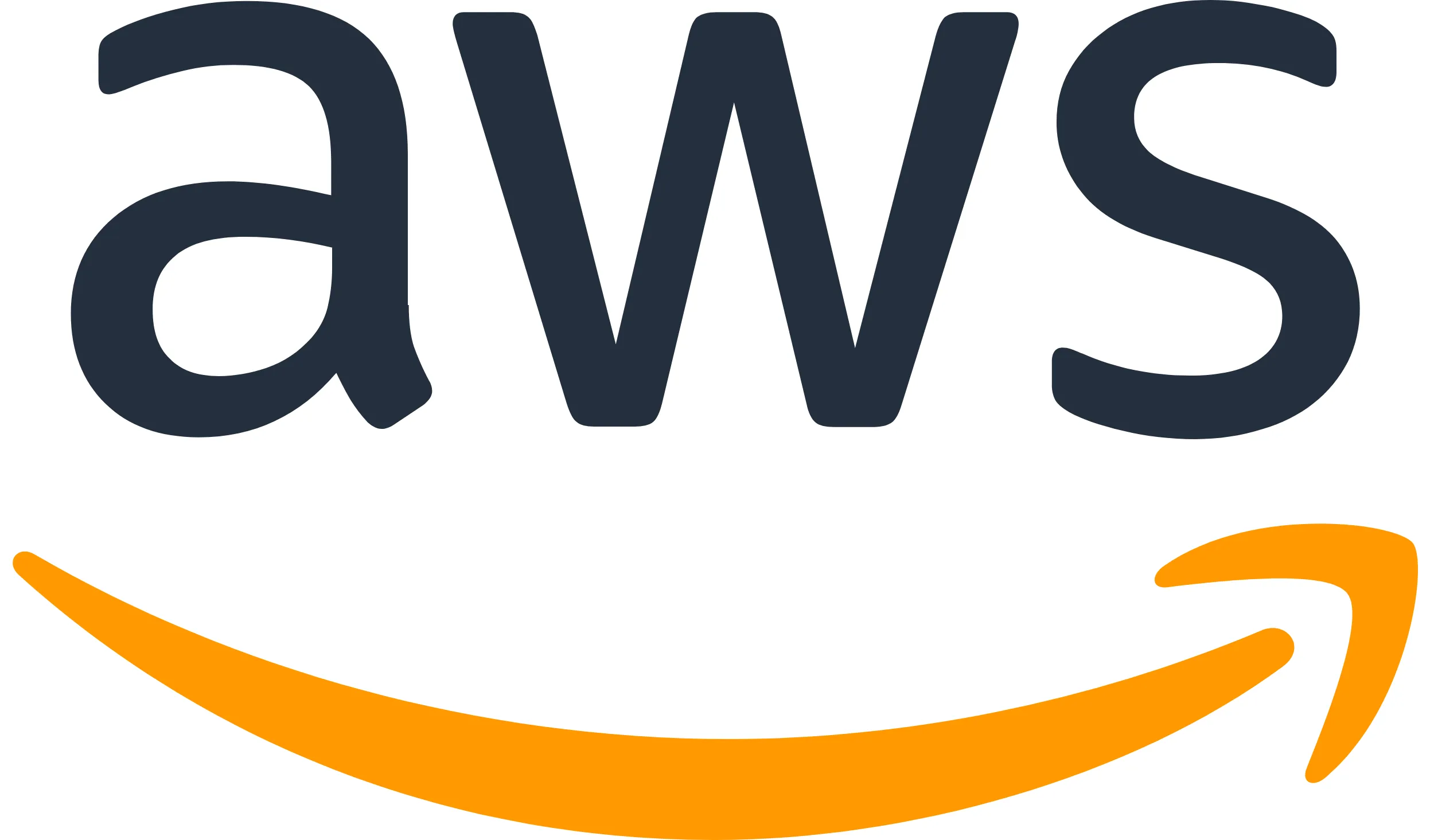 AWS
AWS Bittrex
Bittrex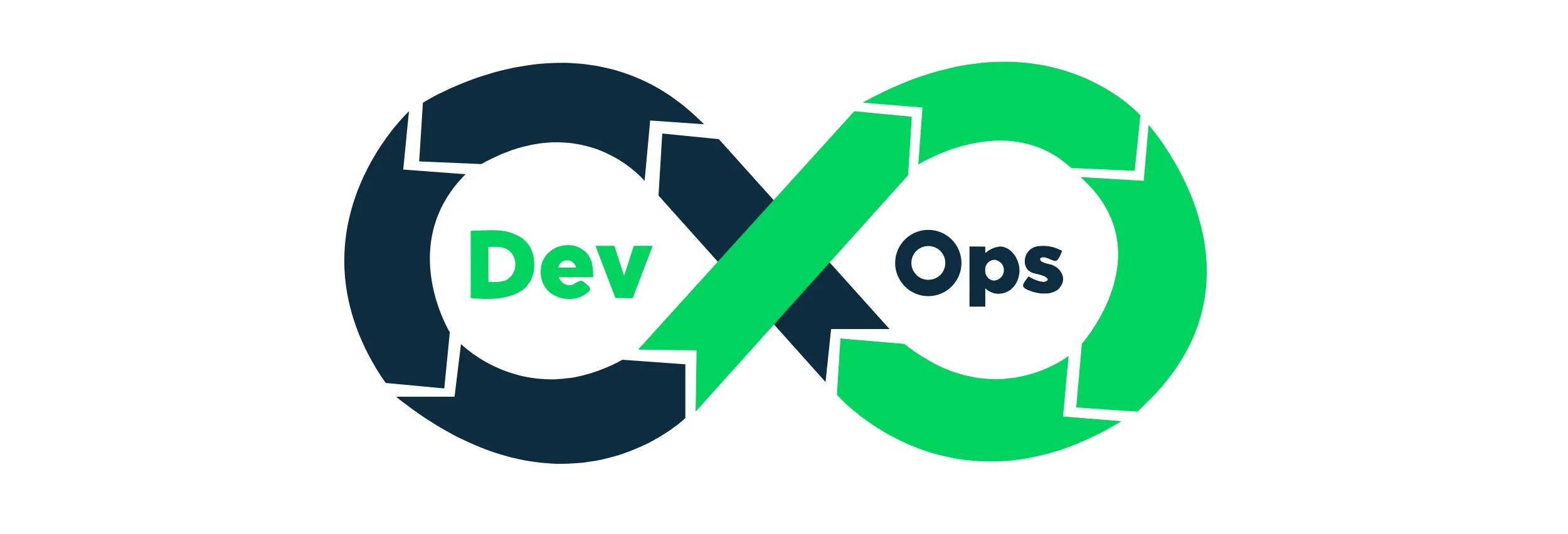 DevOps
DevOps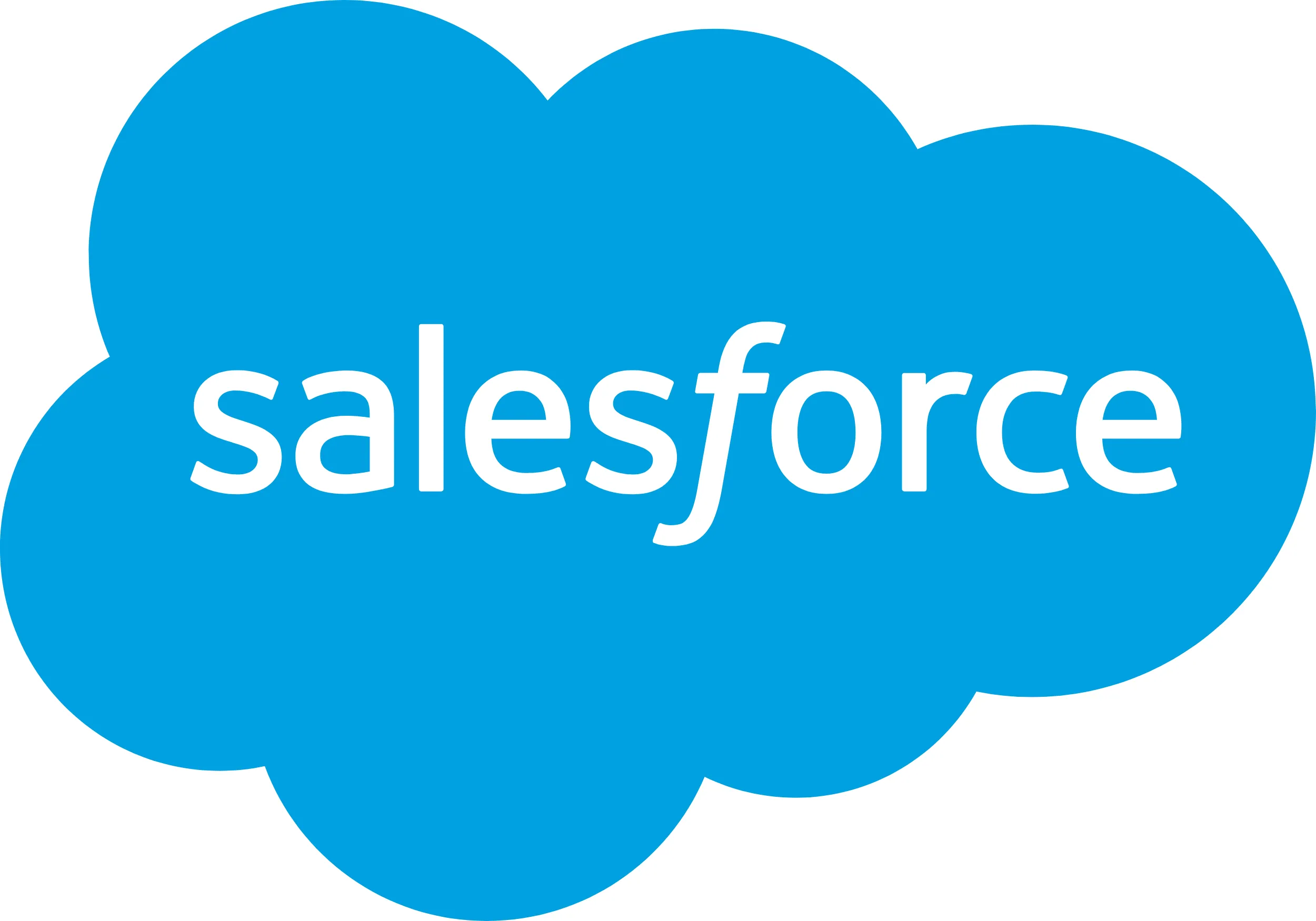 Salesforce Cloud Services
Salesforce Cloud Services Google Cloud Platform
Google Cloud Platform Oracle Cloud
Oracle Cloud Assets and Accelerators
Assets and Accelerators Solutions
Solutions Sales Cloud
Sales Cloud Service Cloud
Service Cloud Marketing Cloud
Marketing Cloud Commerce Cloud
Commerce Cloud Experience Cloud
Experience Cloud Analytics Cloud
Analytics Cloud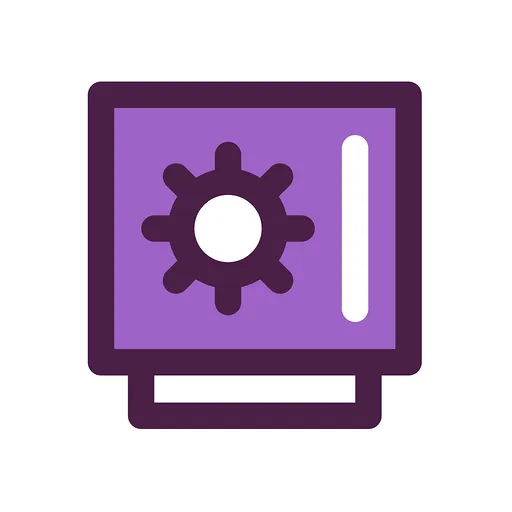 Financial Services Cloud
Financial Services Cloud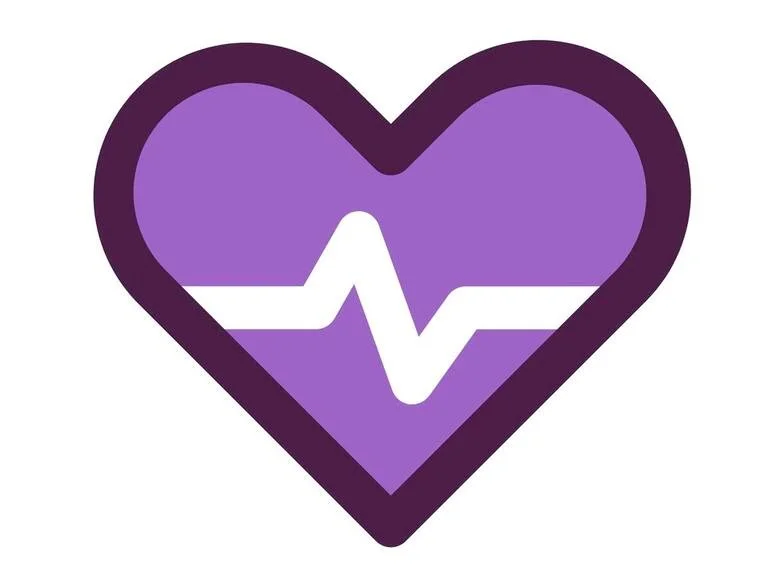 Health Cloud
Health Cloud Education Cloud
Education Cloud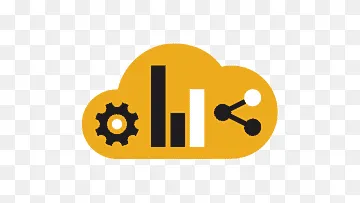 SAP Cloud Platform
SAP Cloud Platform SAP S/4HANA Cloud
SAP S/4HANA Cloud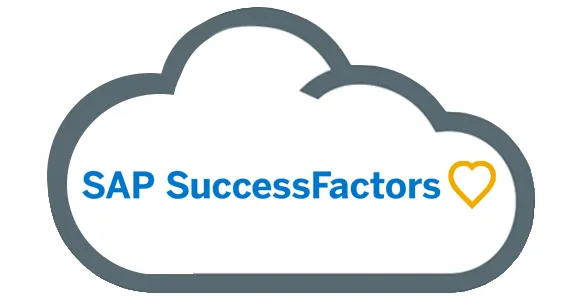 SAP SuccessFactors
SAP SuccessFactors SAP Ariba
SAP Ariba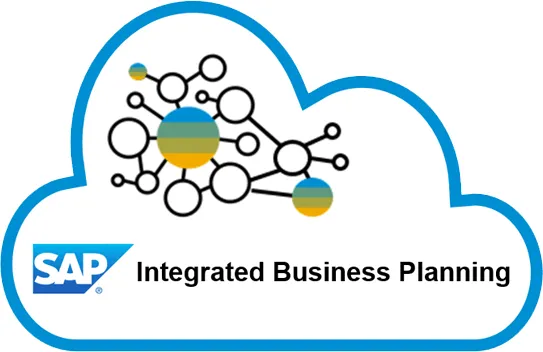 SAP Integrated Business Planning
SAP Integrated Business Planning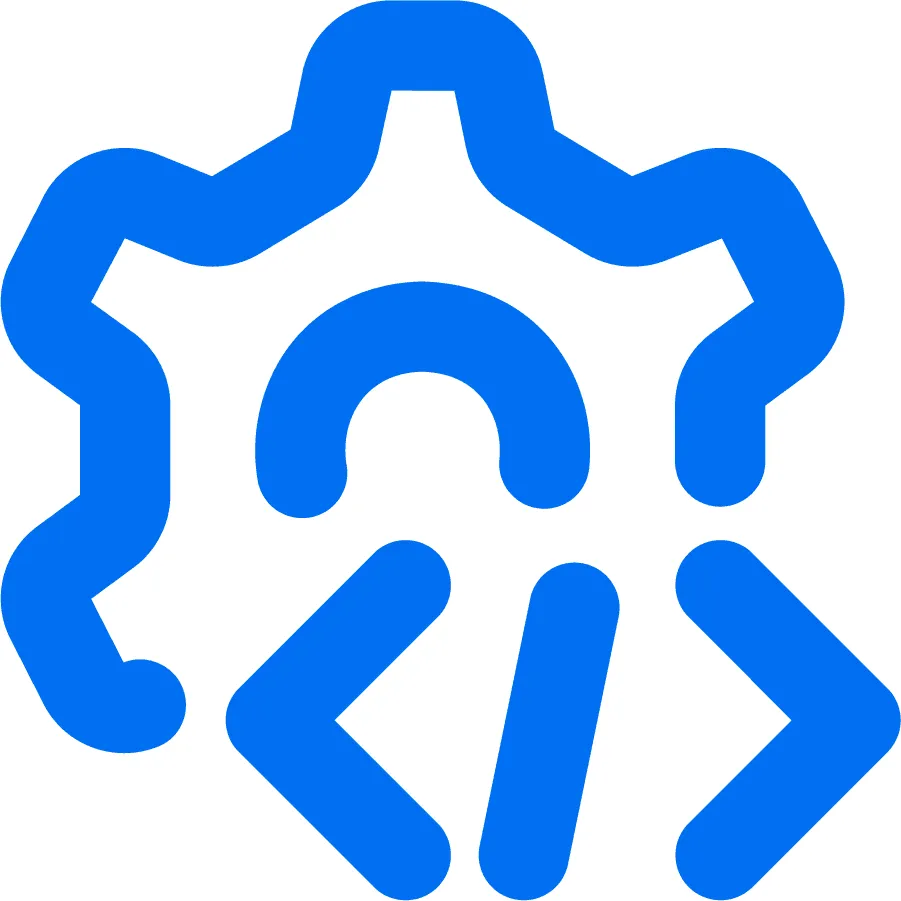 SAP Business Technology Platform
SAP Business Technology Platform SAP Customer Data Cloud
SAP Customer Data Cloud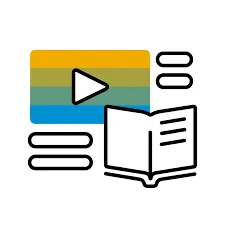 SAP Digital Supply Chain
SAP Digital Supply Chain SAP Fiori
SAP Fiori Data & Machine Learning
Data & Machine Learning Speech Services
Speech Services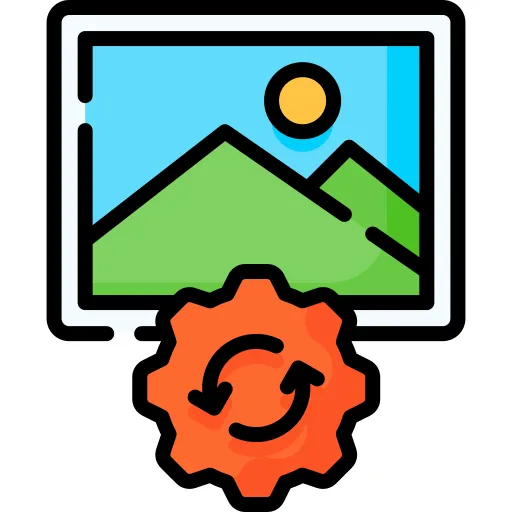 Image Processing
Image Processing Predictions & Forecasting
Predictions & Forecasting Recommendation Engines
Recommendation Engines BOTs & Virtual Agents
BOTs & Virtual Agents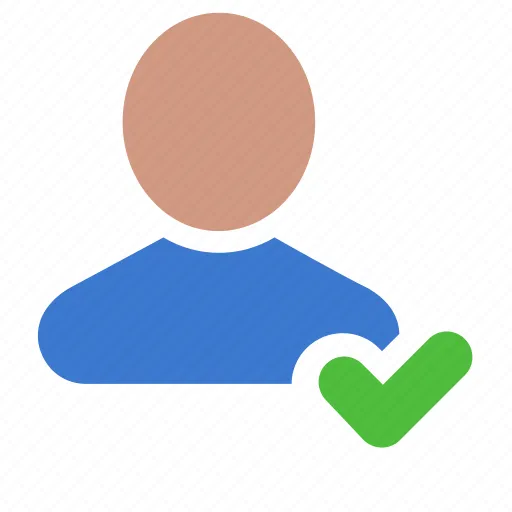 Customer Profiling
Customer Profiling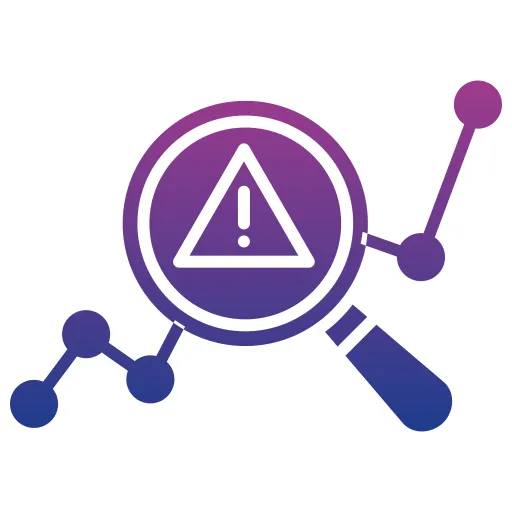 Anomaly & Fraud Detection
Anomaly & Fraud Detection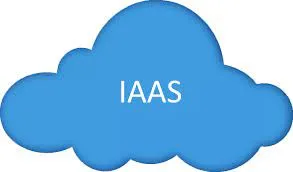 Infrastructure As A Service (IaaS)
Infrastructure As A Service (IaaS)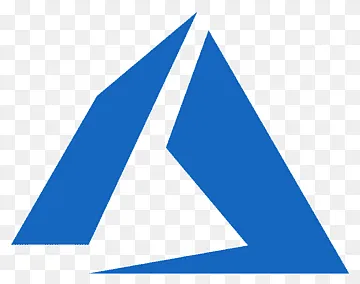 Platform As A Service (PaaS)
Platform As A Service (PaaS)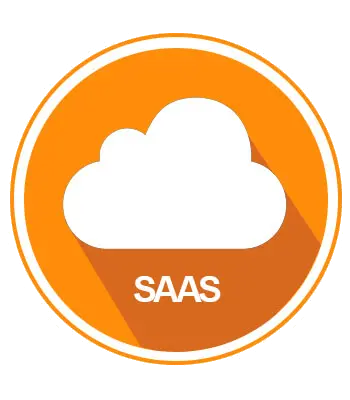 Software as a Service (SaaS)
Software as a Service (SaaS)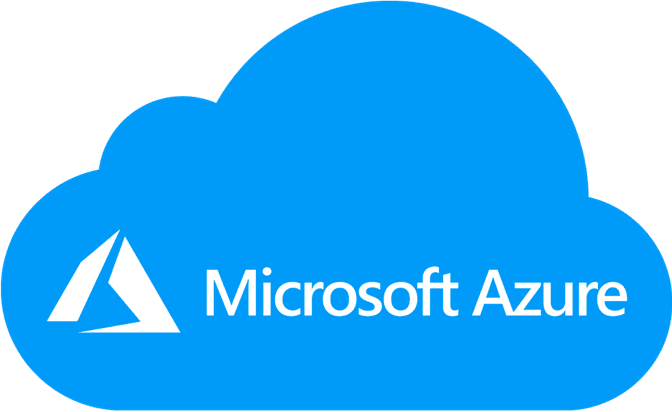 Cloud Architecture & Consulting
Cloud Architecture & Consulting Managed Services
Managed Services Enterprise Mobile Solutions
Enterprise Mobile Solutions .Net Solutions
.Net Solutions Portals & Collaboration
Portals & Collaboration












